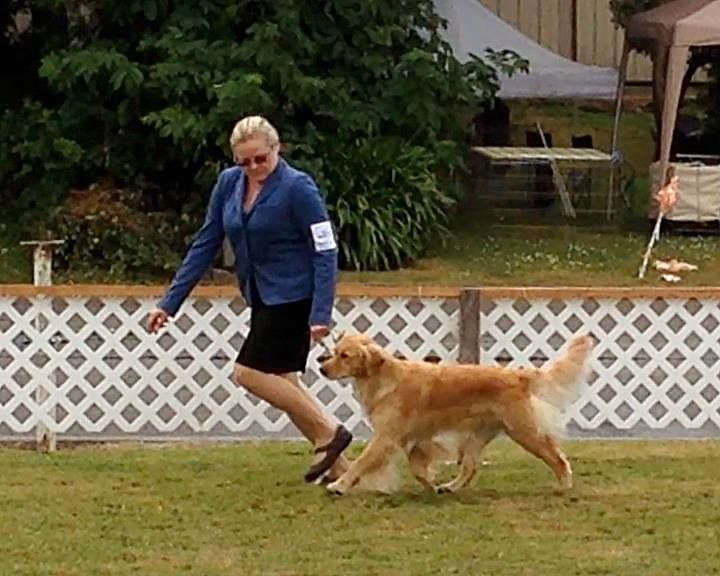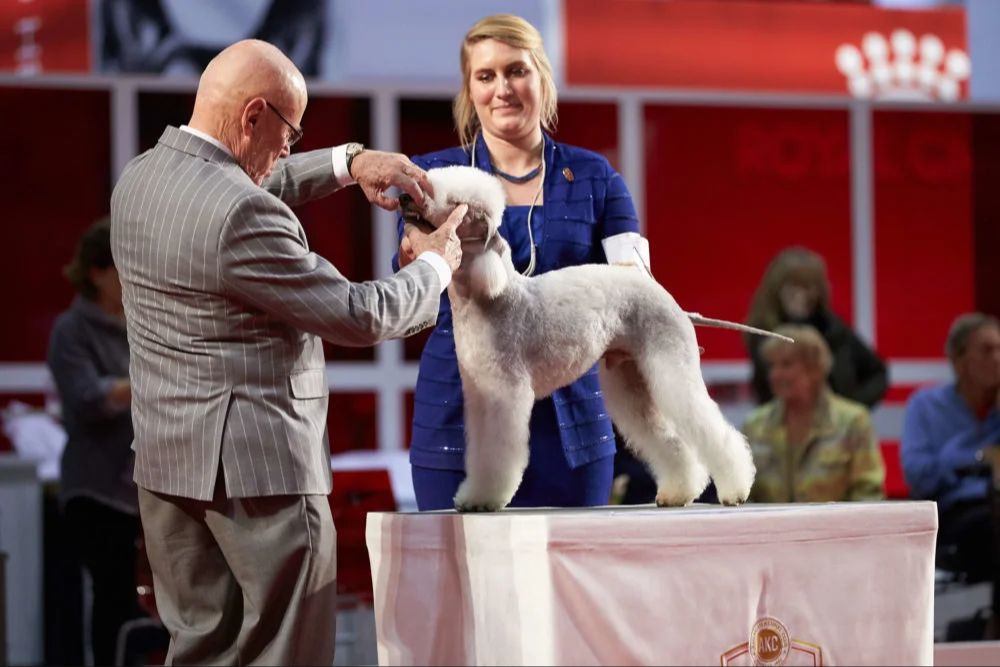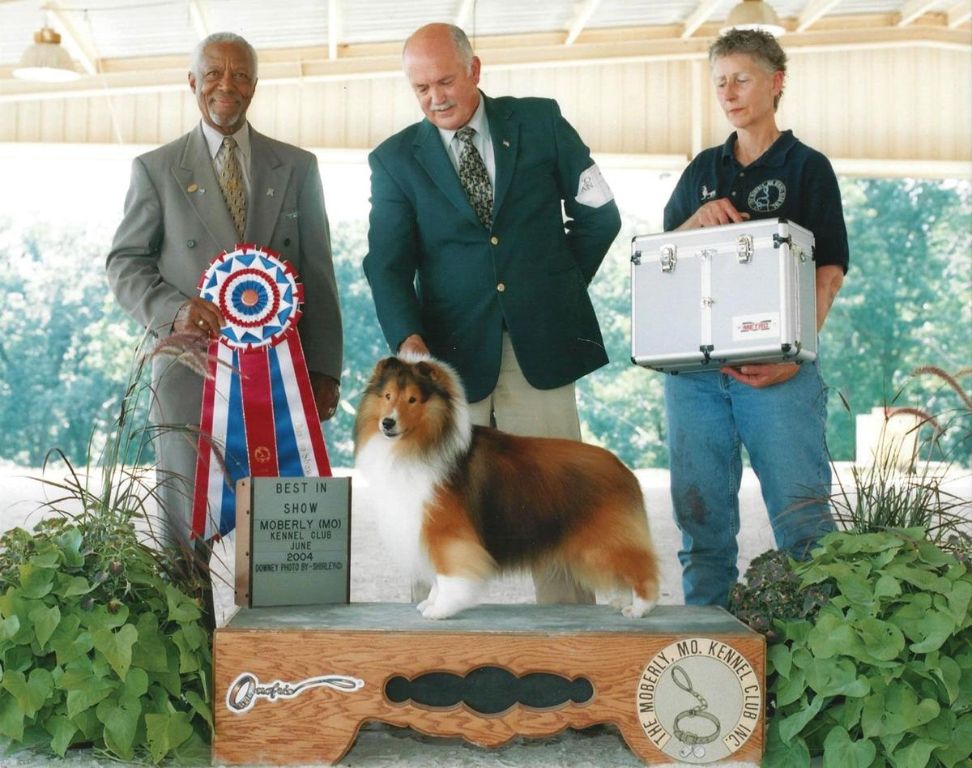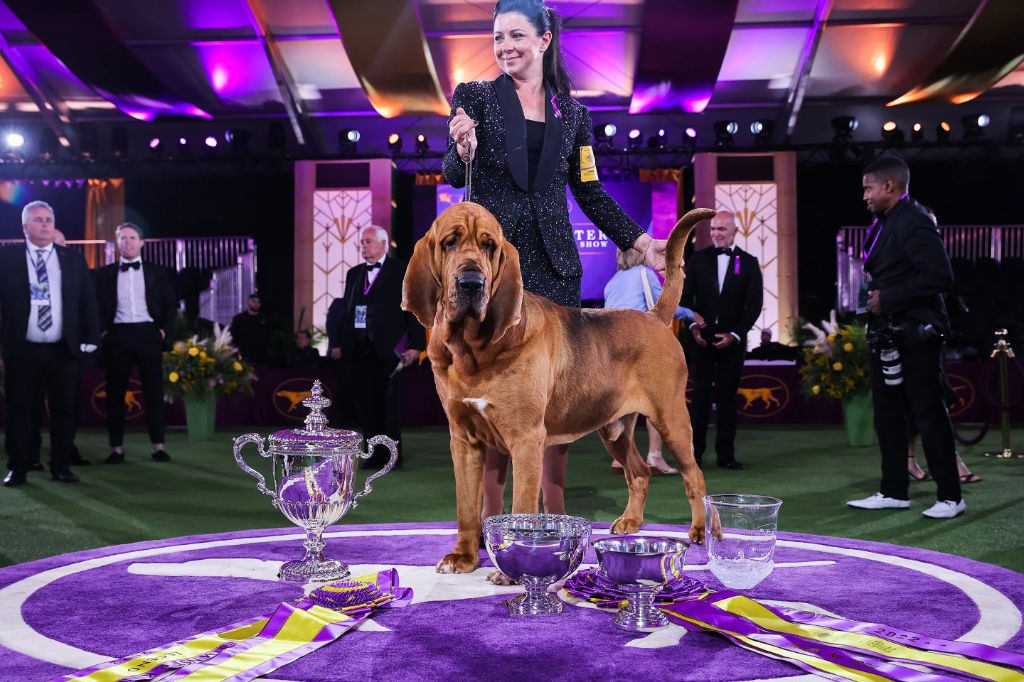Introduction
The Westminster Kennel Club Dog Show is one of the oldest and most prestigious dog shows in the world. The Westminster Dog Show is hosted annually by the Westminster Kennel Club at Madison Square Garden in New York City and has been held since 1877 (Wikipedia). It’s considered the top event on the dog show circuit and the “Super Bowl” of dog shows in the United States.
The Westminster Kennel Club was formed in 1877 specifically to hold the first dog show in Manhattan. Over the years, it has grown into the most prestigious dog show, featuring contestant dogs from over 190 AKC registered breeds who compete to be named “Best in Show” and their breed “Best of Breed” (Westminster Kennel Club).
Becoming a Judge
To become an approved judge at the Westminster Kennel Club Dog Show, there is an extensive process that takes many years of dedication. The American Kennel Club (AKC) has strict requirements for education, experience, testing, and apprenticeship that must be met (AKC). The criteria helps ensure judges are extremely knowledgeable and capable of evaluating dogs to the breed standard.
The first step is having in-depth experience and proven success breeding and showing dogs. Extensive hands-on experience raising and exhibiting dogs in conformation shows for at least 12 years is required. Judges must have a comprehensive understanding of canine anatomy, breed standards, and evaluating breed quality (Westminster Kennel Club).

Continuing education is also crucial. Prospective judges must complete AKC anatomy and breed seminars, attend handling clinics, participate in judges’ study groups, and stay up-to-date on breed standards. Ongoing learning ensures judges have cutting-edge knowledge of evaluating dogs.
Education
To become an AKC dog show judge, you must have extensive knowledge of the breed standards, structure, movement, and history of the breeds you wish to judge. While no specific educational requirements exist, most judges have backgrounds in dog handling, breeding, veterinary medicine, or other dog-related fields.
Many judges get started by attending dog shows and seminars to learn the nuances of judging from experienced mentors. The AKC also offers educational resources like the Judging Resource Center and online courses to teach the principles of sound conformation judging.
Prospective judges are expected to thoroughly study breed standards, attend breed seminars, and undergo rigorous testing on breed knowledge. Hands-on experience in the dog sport also provides invaluable insight into evaluating breeding stock. While no specific degree is required, most judges have extensive backgrounds in dog breeding, handling, veterinary medicine, or a related field.
Experience
To become an AKC-approved dog show judge, you must have significant hands-on experience with dogs and dog shows. The specific requirements vary by breed, but in general you must have at least 12 years of experience breeding, exhibiting, and handling dogs in conformation shows before applying to become a judge.
For example, to become an approved judge for Sporting breeds like Golden Retrievers, you need a minimum of 12 years experience in the breed, having bred at least 5 litters of sporting dogs and handled dogs of your breed at 5 all-breed shows. For Toy breeds, you’d need 12 years handling and breeding toys, exhibiting at least 25 toy dogs and handling toy dogs at 12 all-breed shows. Requirements go up for additional breeds and groups.
Overall, expect to spend over a decade immersed in hands-on dog activities like breeding, handling, grooming, and training before having enough experience to apply as a dog show judge. Maintain extensive records of your background and dogs to provide proof when applying.
Testing

To become an AKC judge, candidates must pass several exams that test their knowledge of dog breeds and AKC rules and regulations. According to the AKC website, the required exams include:
AKC Rules, Policies and Guidelines – This open book exam covers AKC’s rules, policies, and guidelines for conformation dog shows. It has over 200 questions and takes about 3 hours to complete (source).
Breed Standard Exam – Prospective judges must pass a breed standard exam for each breed they wish to judge. The exams are closed book and test candidates’ knowledge on the ideal characteristics, structure, and function of the breed. Breed exams have 125 multiple choice questions and take around 2.5-3 hours (source).
Additional Specialty Exams – Judges may need to take additional exams on subjects like herding, lure coursing, obedience, agility, and more depending on the types of events they want to officiate (source).
Apprenticeship
To become approved to judge at Westminster, prospective judges must complete an intensive apprenticeship program where they work under the guidance of senior approved judges. This apprenticeship provides hands-on experience and mentoring to ensure judges are fully prepared before being approved to judge independently.
During the apprenticeship, trainees shadow senior judges at multiple shows and are evaluated on their ability to assess each breed and apply the written standard accurately. They begin by observing the senior judges, then move on to hands-on practice judging while receiving real-time feedback. The apprenticeship focuses on evaluating movement, structure, and breed traits across all eligible breeds. Extensive travel is required to gain exposure to the wide variety of breeds.
The apprenticeship program usually lasts 1-3 years depending on the trainee’s previous experience. Upon successful completion, including obtaining favorable reviews from the senior judges, the trainee can apply to become an approved Westminster judge. This intensive training ensures Westminster judges are experts on breed standards and evaluation.
Approval

According to the American Kennel Club (AKC), after completing the education, experience, testing, and apprenticeship requirements, prospective judges must go through a final approval process to become fully licensed AKC judges (New Breed Judge Application and Procedures). This involves submitting an application, letters of recommendation, and undergoing additional review by the AKC Judging Review Committee.
The application itself requires information about the applicant’s background, experience, and qualifications. Letters of recommendation from three active AKC judges who can attest to the applicant’s expertise are also required. These materials are carefully reviewed by the Judging Review Committee, which makes the final determination on approving judges.
According to the AKC, key factors considered during the approval process include: depth of knowledge and experience with the breed(s), involvement in breed clubs and competitions, reputation and ethics, and ability to represent the AKC appropriately (New Breed Judge Application and Procedures). Only those applicants who demonstrate the highest qualifications are granted full AKC judging privileges.
Assignments
Judges at the Westminster Kennel Club Dog Show are assigned to different groups and competitions based on their expertise and experience. The assignments determine which breeds and classes each judge will evaluate during the show.
The Westminster Kennel Club divides breeds into seven different groups: Sporting, Hound, Working, Terrier, Toy, Non-Sporting, and Herding. There are individual judges assigned to each group who judge the breeds within that group during the initial breed judging. These Group judges are considered experts on the breeds in their assigned group.
For the Best in Show competition, different judges are assigned each year to select the single best dog from the seven Group winners. These Best in Show judges are chosen based on their overall expertise across all breed groups. Long-time breeders, handlers, and experienced Westminster judges are often selected for this top honor.
The Westminster Kennel Club takes great care in determining judge assignments each year. Assignments are based on the individual judge’s knowledge and experience with particular breeds. This ensures the dogs are evaluated fairly by qualified judges.
Judging Strategies
Experienced Westminster judges offer tips on evaluating dogs in the ring. According to an interview with 2023 breed judge Denise Flaim (https://showsightmagazine.com/denise-flaim-interview/), judges should focus on evaluating each dog against the breed standard, not against the other dogs in the ring. She emphasizes understanding the essence of each breed and looking at the whole dog, not just focusing on minor details. Westminster Best in Show judge Dr. Donald Sturz (https://showsightmagazine.com/westminster-best-in-show-judge-dr-donald-sturz/) notes that when judging Best in Show, he evaluates the dogs based on breed standards and selects the dog that most closely conforms to the ideal for that breed.
Conclusion
Becoming a judge at the prestigious Westminster Kennel Club Dog Show is no easy feat. It requires extensive education in canine biology, breed standards, and conformation, as well as hands-on experience breeding, showing, and handling dogs. After proving dedication through years in the sport, prospective judges must pass thorough examinations and complete a rigorous apprenticeship program before being approved to judge at Westminster.
The road to Westminster is long but rewarding for those who stick with it. Judging there is the highest honor in the dog show world, reserved only for those with the keenest eye for breed quality and an unwavering commitment to the sport. Westminster judges carry great responsibility in evaluating breed specimens and ensuring the integrity of the show. Their discernment and expertise help showcase the very best examples of each breed.

Becoming a Westminster judge is a lofty goal, requiring extensive preparation. Yet for dog lovers willing to put in the work, it represents the pinnacle of success. Judging at Westminster allows one to make a meaningful impact on breed standards and the conformation show world.
